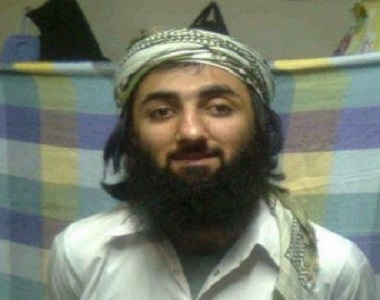Several Iranian men arrested on suspicion of committing horrific acid attacks on women have been released due to insufficient evidence, the interior minister revealed Saturday.
The attacks in Isfahan, Iran's top tourist destination, have shocked the public and provoked a major protest there Wednesday from citizens who demanded better security and action over such violent crimes.
Reports on social networks have claimed that the victims were doused on the face and body because they were not properly veiled. They were targeted by assailants on motorcycles.
Under Islamic law in force in Iran since the 1979 revolution, women must wear loose clothing, known as hijab, that covers the head and neck and which conceals their hair.
But many women now push the boundaries by wearing a headscarf and thin coat rather than the chador, a traditional black garment that covers the body from head to toe.
Justice officials previously said that four men had been arrested in connection with the Isfahan attacks.
But Interior Minister Abdolreza Rahmani Fazli, quoted on state television's website, said those in custody had been freed.
He also denounced what he called “a foreign media campaign” to link the attacks to hijab, saying that acid attack victims are usually targeted for reasons of “personal motive or revenge”.
Prosecutor general Ebrahim Raissi, meanwhile, vowed that the attackers would be caught and dealt with, even if the victims were to grant clemency.
“These crimes are unforgivable. While victims can grant forgiveness, there is no way we will give up rights of the state against those who caused fear in the population,” Raissi said.
“They will be severely punished. We will not allow people, under any pretext, to disrupt security,” he added.
Raissi's comments appeared linked to a prominently reported acid attack in Iran in 2011 where the victim later allowed her assailant to pay her compensation in exchange for leniency.
The attacks in Isfahan come after a new bill in parliament proposed greater powers for morality police and volunteer militias to ensure compliance with hijab.
However President Hassan Rowhani, who has been under pressure from hardline MPs to pursue a tougher police stand on the veil, on Wednesday appeared to caution against harsher penalties.
“We should not be overly focused on one issue, such as bad hijab, to prevent vice,” he said, alluding to the Islamic duty to promote virtue.
Wednesday's protest in Isfahan came as the acid attacks dominated the front pages of Iran's newspapers, and as Health Minister Hassan Hashemi visited one victim at a city hospital.
The woman, covered in bandages, gave a harrowing account of how the attack has disfigured her and left her without sight in her right eye.


